Giving the vaccine intravenously to monkeys provided 90% protection against tuberculosis. More testing is needed before humans can be inoculated that way.
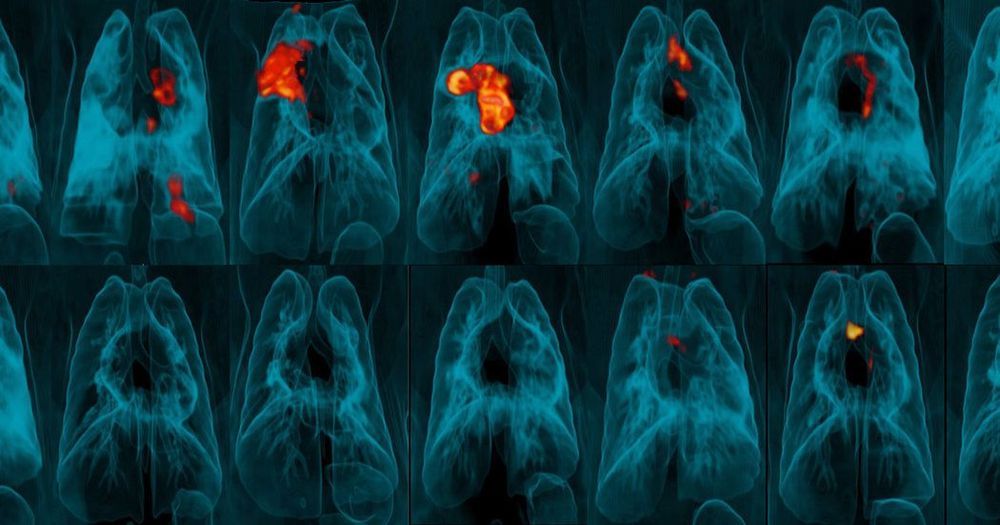

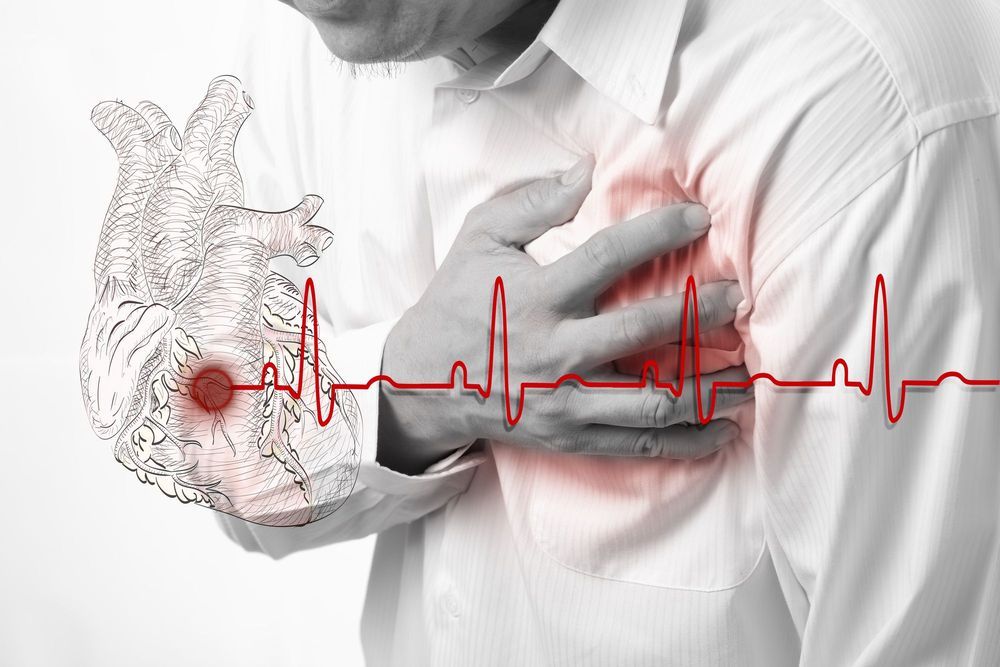
Heart disease is the biggest killer in the Western world. A part of the problem is that even if one survives a heart attack, damage to the heart muscle results in the formation of thick scar tissue that can increase the chance of heart failure. Now researchers have found a way to improve the quality of the scar tissue in animal models, resulting in improved heart function following a heart attack.
The research centers on a protein therapy called recombinant human platelet-derived growth factor-AB (rhPDGF-AB), which had previously been shown to improve heart function in mice that had suffered a heart attack. In a new study aimed at bringing the treatment closer to human trials, a team set out to discover if it produced similar results in large animals, namely pigs.
The researchers from the Westmead Institute for Medical Research (WIMR) and the University of Sydney found that when pigs that had suffered a heart attack received an infusion of rhPDGF, it did indeed prompt the formation of new blood vessels in the heart and led to a reduction of potentially fatal heart arrhythmia.
Breakthroughs include measuring the true nature of the universe, finding new species of human ancestors, and unlocking new ways to fight disease.
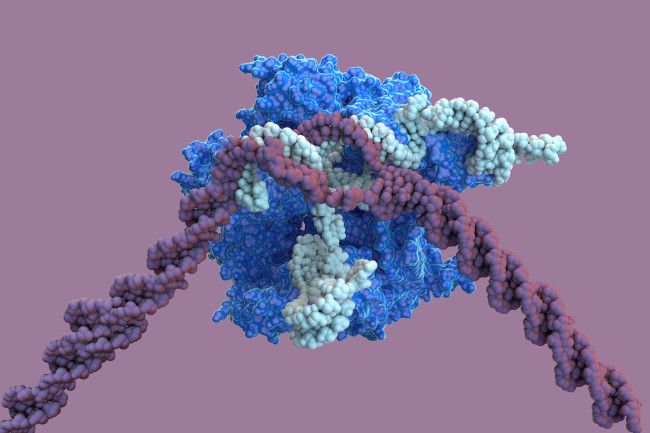
After years of ethical debates and breakthroughs in the lab, CRISPR has finally made its way to clinical trials. Researchers are now looking at whether the DNA-editing tool, as well as more conventional gene therapies, can effectively treat a wide array of heritable disorders and even cancers.
“There’s been a convergence of the science getting better, the manufacturing getting much better, and money being available for these kinds of studies,” says Cynthia Dunbar, a senior investigator at the National Heart, Lung, and Blood Institute. “It’s truly come of age.”
CRISPR — formally known as CRISPR-Cas9 — has been touted as an improvement over conventional gene therapy because of its potential precision. CRISPR (clustered regularly interspaced short palindromic repeats) is a genetic code that, contained in a strand of RNA and paired with the enzyme Cas9, acts like molecular scissors that can target and snip out specific genes. Add a template for a healthy gene, and CRISPR’s cut can allow the cell to replace a defective gene with a healthy one.
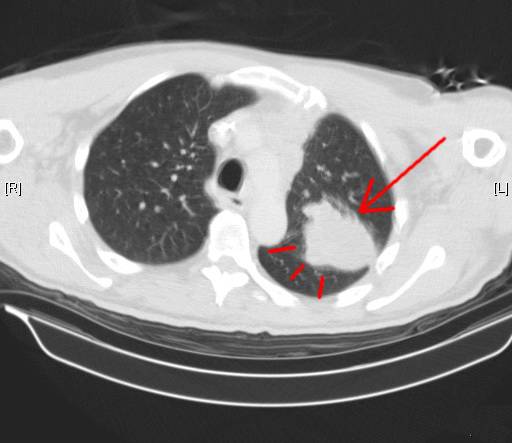
Thoughts on this. True or BS.
DCA Dichloroacetate Breakthrough Anticancer Agent
Mary, an old patient in my office, called in last week to ask for advice about her husband, Jim. He had been quite healthy for many years, and recently noticed back pain. His primary care doctor ordered a CAT scan which showed a large lung mass (Red Arrow Above image) and destructive lesions in the spine. Biopsies confirmed the lung mass was indeed cancer, with metastatic spread to the thoracic vertebral bodies. Jim was referred to the local oncologist who started radiation and chemotherapy. Above Header Image CAT scan of lung cancer mass (Red Arrow) in left lung courtesy of wikimedia commons…
After a week of chemotherapy, Jim was miserable from the adverse effects of nausea, and vomiting, and loss of appetite. Jim felt so bad, he declined any further chemotherapy treatment. Mary asked if I had any suggestions.
This bionic skin lets amputees feel their prosthetic limbs.
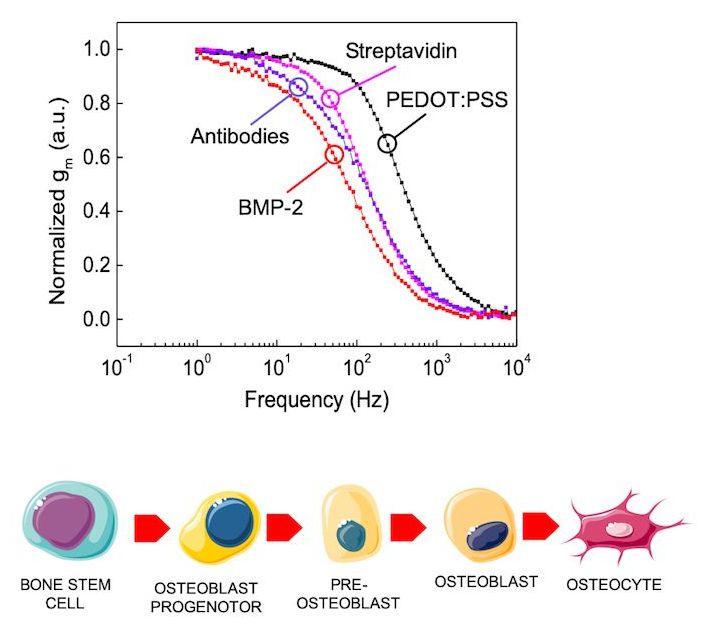
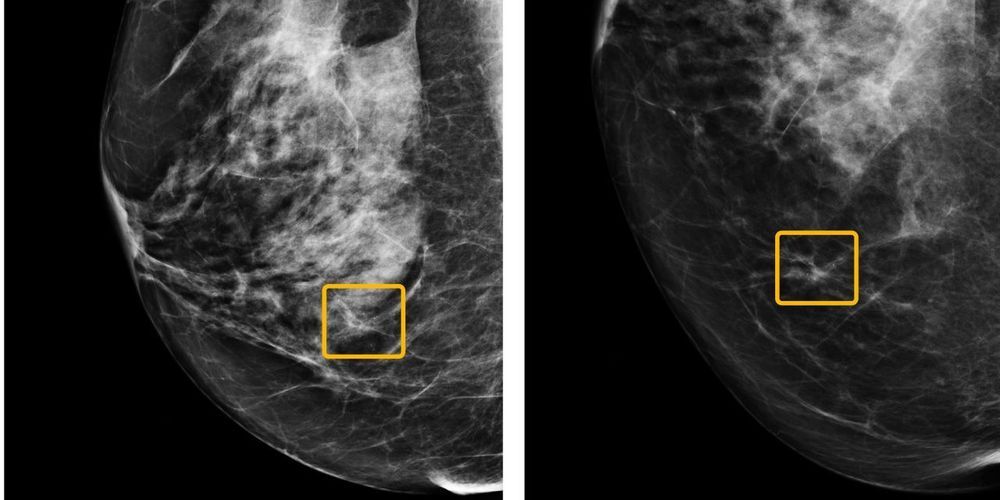
Google’s health research unit said it has developed an artificial-intelligence system that can match or outperform radiologists at detecting breast cancer, according to new research. But doctors still beat the machines in some cases.
The model, developed by an international team of researchers, caught cancers that were originally missed and reduced false-positive cancer flags for patients who didn’t actually have cancer, according to a paper published on Wednesday in the journal Nature. Data from thousands of mammograms from women in the U.K. and the U.S. was used to train the AI system.
But the algorithm isn’t yet ready for clinical use, the researchers said.
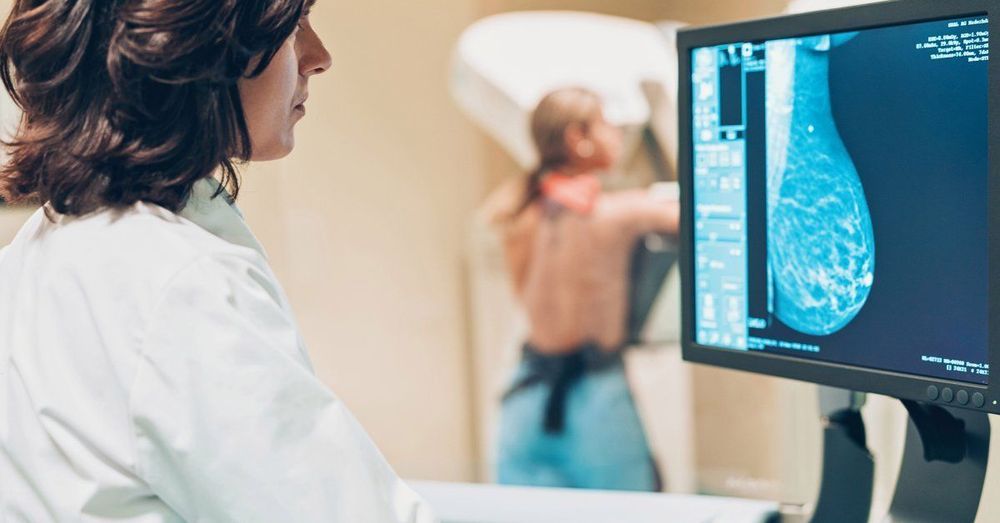
In a study published Jan. 1 in Nature, researchers from Google Health, and from universities in the U.S. and U.K., report on an AI model that reads mammograms with fewer false positives and false negatives than human experts. The algorithm, based on mammograms taken from more than 76,000 women in the U.K. and more than 15,000 in the U.S., reduced false positive rates by nearly 6% in the U.S., where women are screened every one to two years, and by 1.2% in the U.K., where women are screened every three years. The AI model also lowered false negatives by more than 9% in the U.S. and by nearly 3% in the U.K.
Working with medical experts, engineers at Google Health have created an AI model that lowers false positive and false negative rates for mammogram breast cancer screening.
One major concern this time of year is how to undo the excess of the holidays. Helping the gut microbiome is a start. Health-Ade Kombucha is a fermented tea that contains probiotics—the same stuff you get from miso, sauerkraut, and yogurt—which can help add to the healthy bacteria in your gut. Have a serving in the morning to aid in digestion throughout the day.